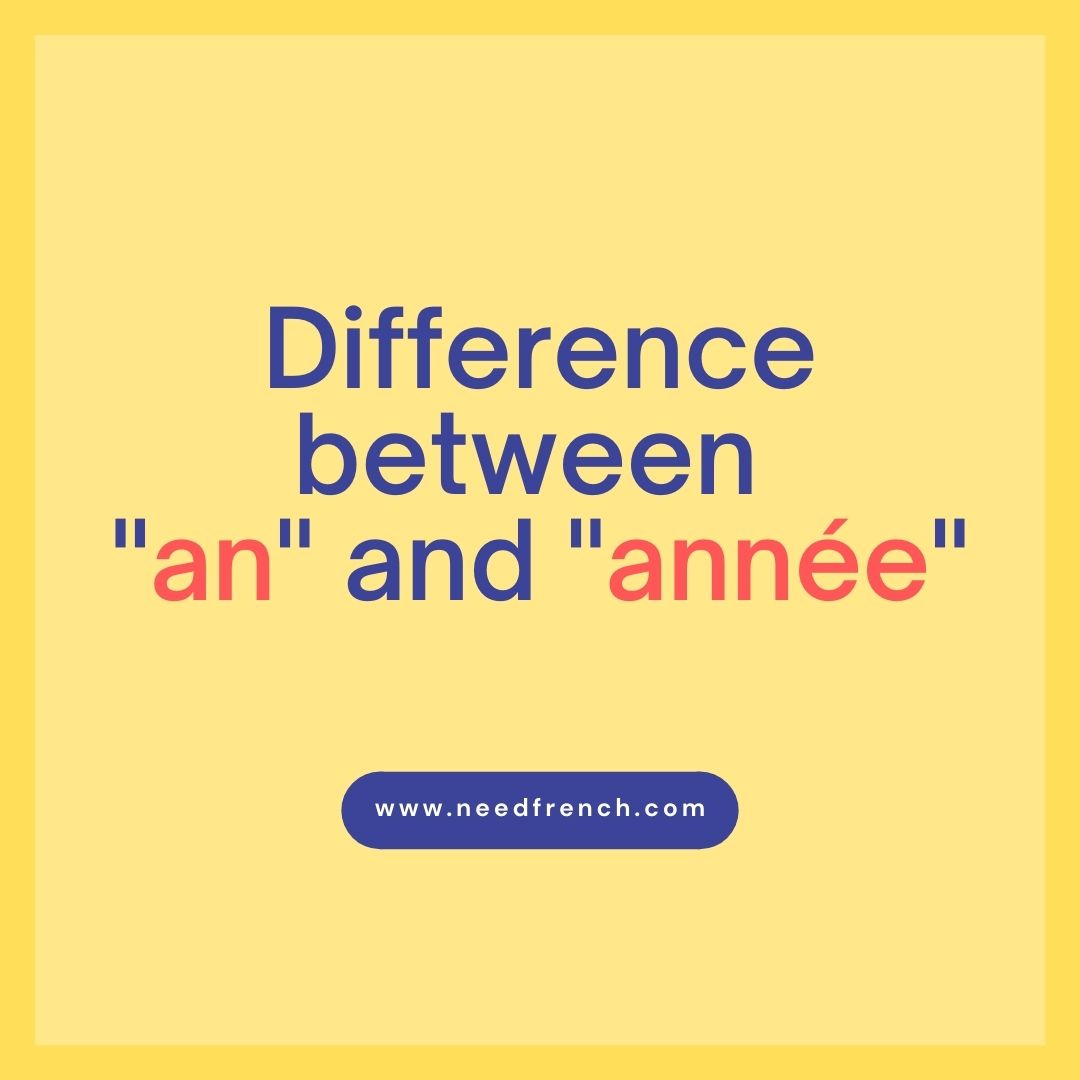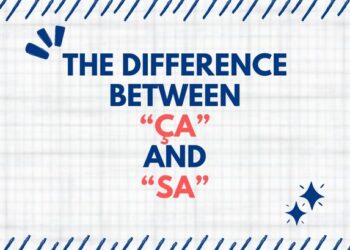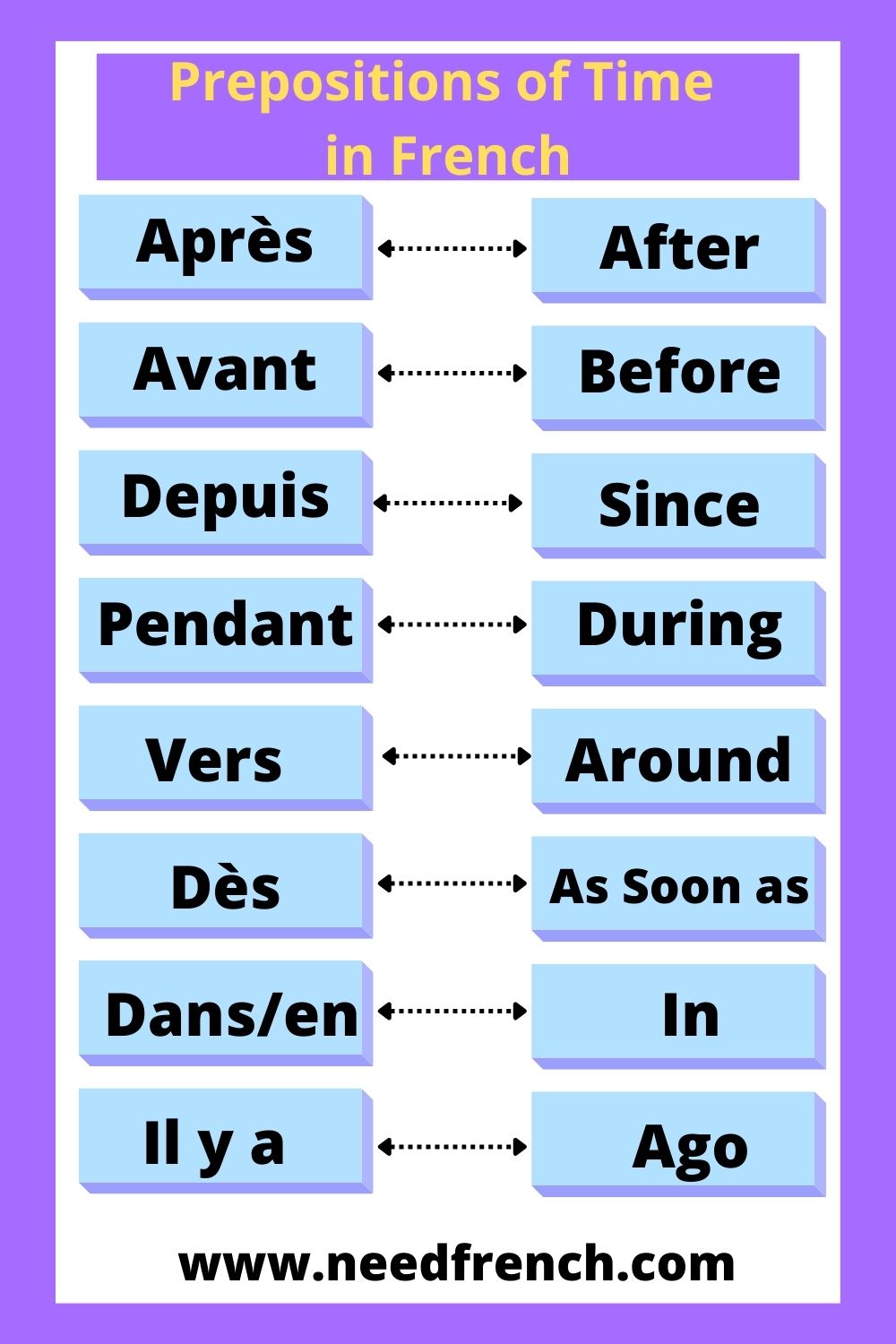Are you struggling with when to use “tout,” “toute,” “tous,” or “toutes” in French? Don’t worry! This guide will help you master these tricky words and use them correctly in your French conversations.
What Are These Words?
“Tout” and its variations are versatile words in French. They can mean “all,” “every,” or “entire,” depending on the context. The trick is knowing which form to use and when.
The Basic Rule
The word “tout” changes its form to match the gender (masculine or feminine) and number (singular or plural) of the noun it describes. Here’s a simple table to help you remember:
| Gender | Number | Form |
|---|---|---|
| Masculine | Singular | Tout |
| Masculine | Plural | Tous |
| Feminine | Singular | Toute |
| Feminine | Plural | Toutes |
How to Use Tout, Toute, Tous, Toutes
1. As an Adjective
When used as an adjective, “tout” agrees with the noun it describes.
Examples:
- Tout le monde (All the world/Everybody)
- Toute la journée (All day)
- Tous les jours (Every day)
- Toutes les filles (All the girls)
2. As a Pronoun
When used as a pronoun (replacing a noun), it still agrees in gender and number.
Examples:
- Tout va bien. (Everything is fine.)
- Tous sont arrivés. (Everyone has arrived.)
- Toutes sont parties. (All [feminine] have left.)
3. As an Adverb
When “tout” is used as an adverb (meaning “completely” or “entirely”), it usually doesn’t change. However, there’s one exception:
- It changes before feminine adjectives starting with a consonant or aspirated ‘h’.
Examples:
- Elle est tout heureuse. (She is completely happy.) – ‘h’ is silent, so no change
- Elle est toute contente. (She is completely content.) – ‘c’ is a consonant, so it changes
Common Expressions with Tout
Learning some common expressions can help you use “tout” more naturally:
- à tout prix (at any cost)
- de toute façon (anyway)
- tout à fait (absolutely)
- tout de suite (right away)
Practice Time!
Try this quick exercise to test your understanding:
- _____ les étudiants sont présents. (All the students are present.)
- Elle a mangé _____ la pizza. (She ate the whole pizza.)
- Ils sont _____ contents de leur résultat. (They are completely happy with their result.)
- _____ va bien? (Is everything okay?)
Remember, practice makes perfect! Keep using these words in your French conversations, and soon they’ll become second nature.













